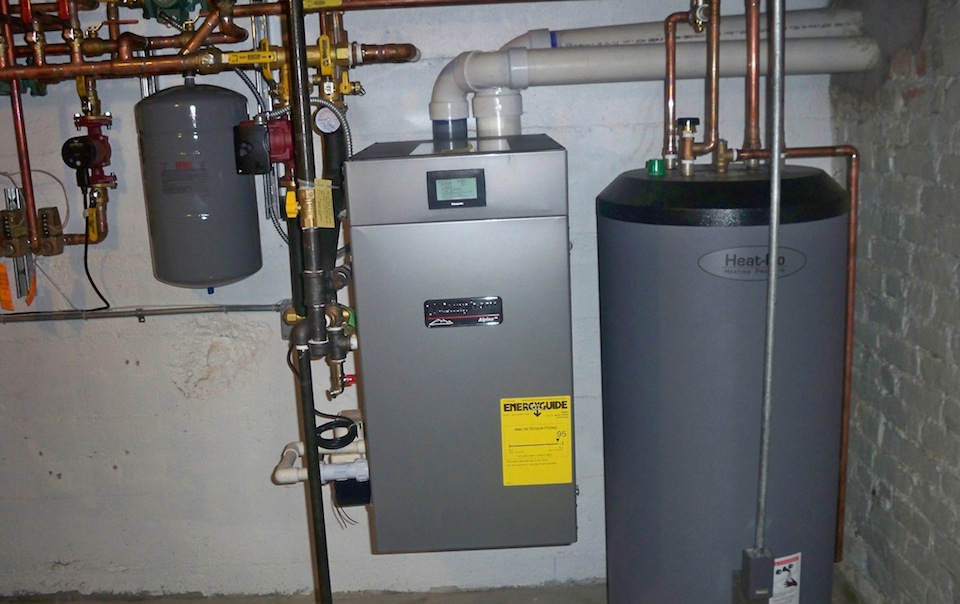I received a lot of good advice & info in the boiler forum about radiant heat in my new construction home. Thanks everyone! I now had a couple of water heater questions and would appreciate any advice.
1. If you had a choice (new construction) which fuel would you choose for a water heater - electric or power vented natural gas? Normally, I'd take natural gas but have no experience with power venting. How reliable is it? How noisy is it? (I've replaced 3 water heaters over the decades in my current home due to leaking - not once did one fail due to an ignition problem - but these were all vented into a chimney.) I'm thinking maybe it's better to pay the extra fuel cost for electric than adding multiple failure points with a motor, blower, sensors, etc. Are these things pretty reliable over the life of a water heater?
2. Based on searching the forum, I gather the best instant hot water setup is with a separate return line, which I can do with new construction. I didn't find any discussion about specific pump brands. I've found that Grundfos, Taco and B&G all have instant hot water products. Is their reliability pretty much the same (leave it up to the plumbing contractor) or should I specify a particular brand?
Thanks in advance for any & all info and advice. Merry Christmas!
1. If you had a choice (new construction) which fuel would you choose for a water heater - electric or power vented natural gas? Normally, I'd take natural gas but have no experience with power venting. How reliable is it? How noisy is it? (I've replaced 3 water heaters over the decades in my current home due to leaking - not once did one fail due to an ignition problem - but these were all vented into a chimney.) I'm thinking maybe it's better to pay the extra fuel cost for electric than adding multiple failure points with a motor, blower, sensors, etc. Are these things pretty reliable over the life of a water heater?
2. Based on searching the forum, I gather the best instant hot water setup is with a separate return line, which I can do with new construction. I didn't find any discussion about specific pump brands. I've found that Grundfos, Taco and B&G all have instant hot water products. Is their reliability pretty much the same (leave it up to the plumbing contractor) or should I specify a particular brand?
Thanks in advance for any & all info and advice. Merry Christmas!

